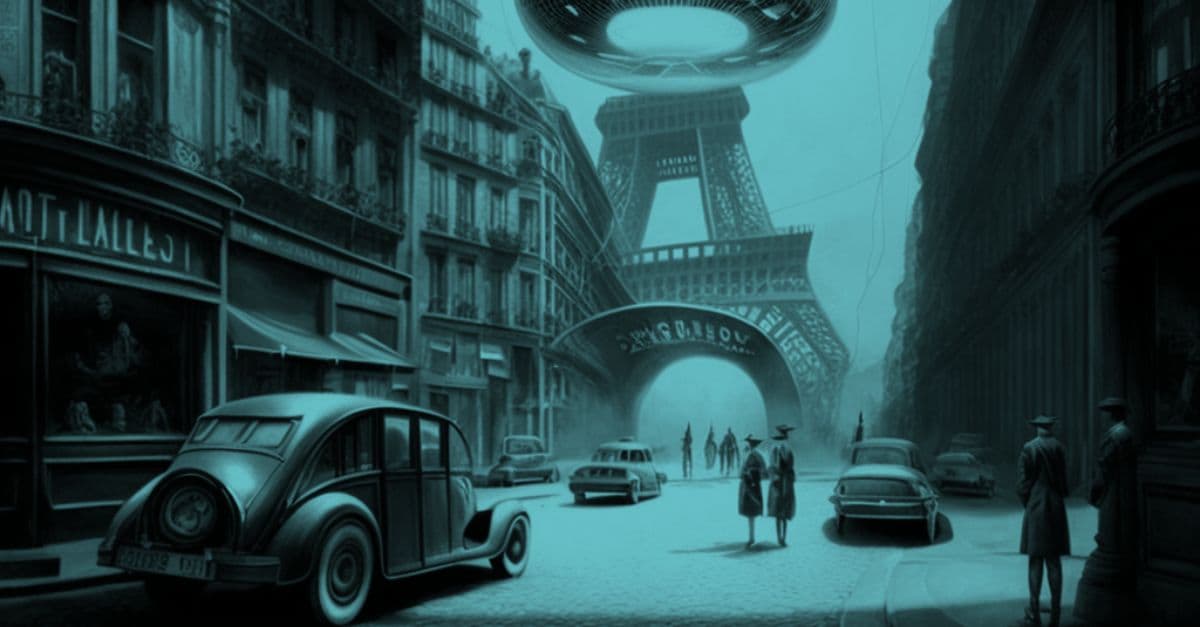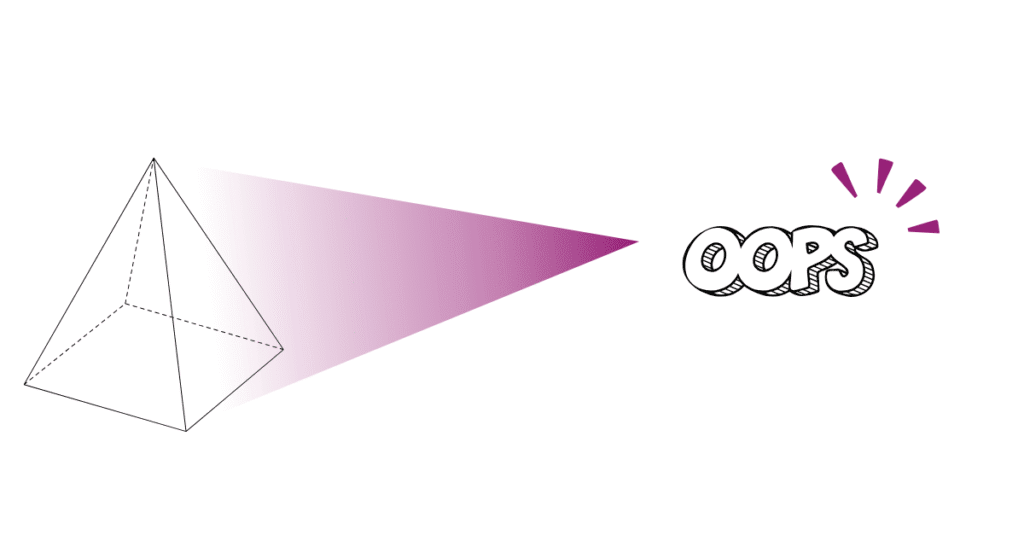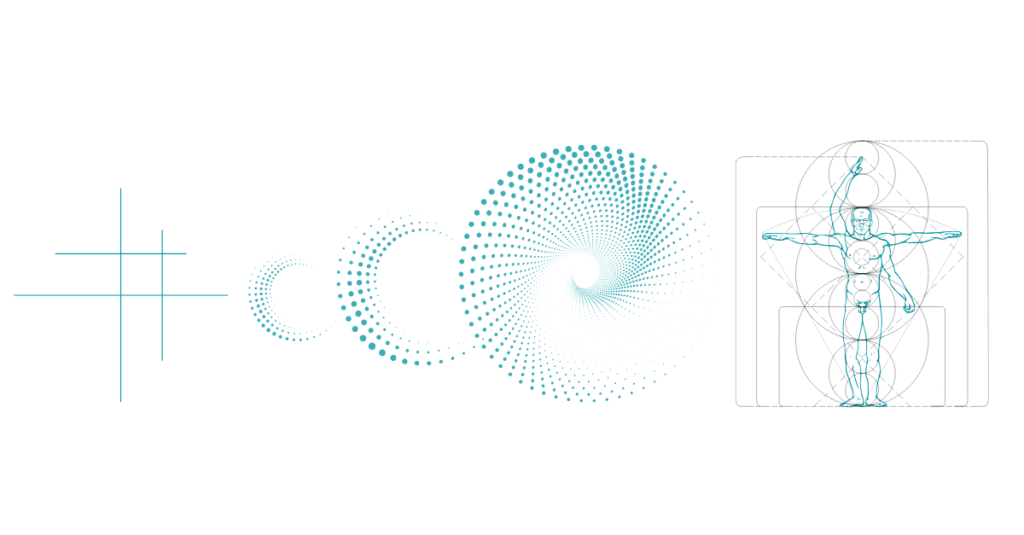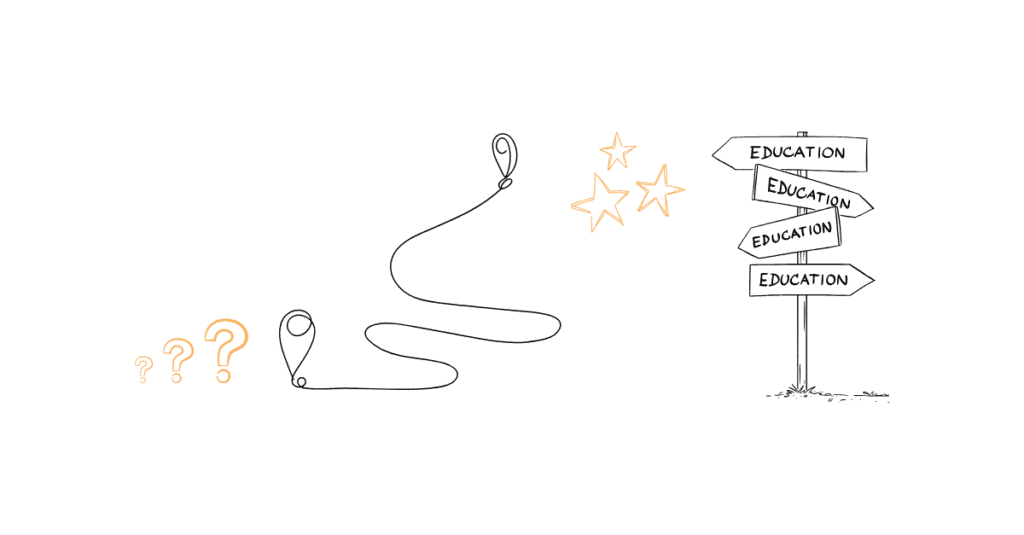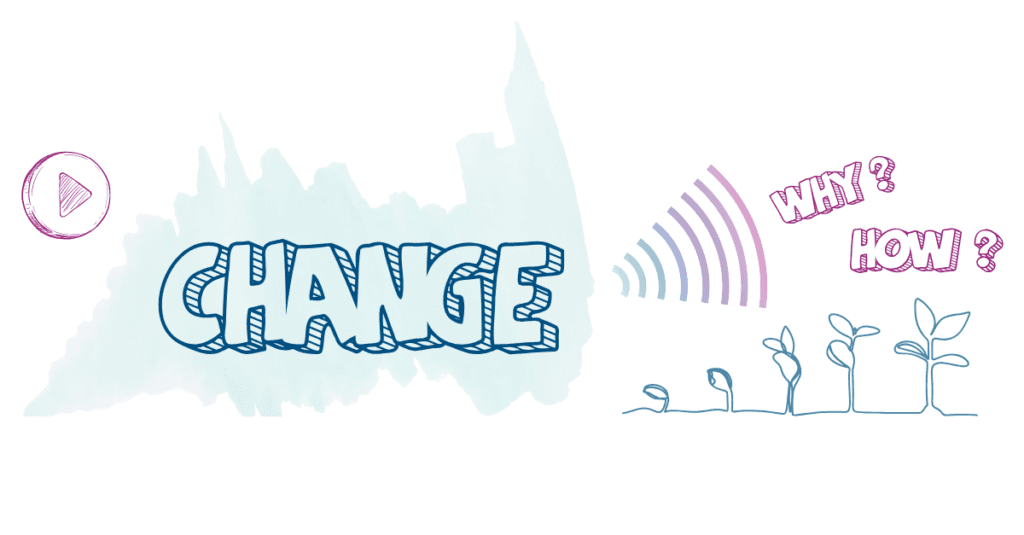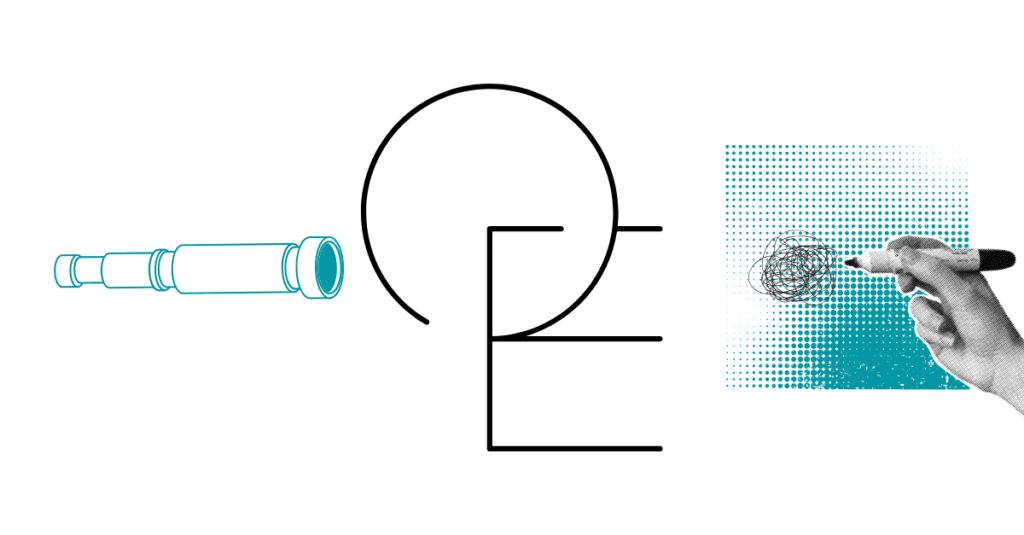Jules Verne’s Unbiased Tales of the Extraordinary
When I was little I quickly became a big fan of science fiction and its future design. Star Trek was running on TV, Star Wars in cinemas and at 12 years old, I found the Perry Rhodan Silver Edition Part 1 + 2 in the local library in my home village. Science Fiction is fascinating, even more so how many predictions, tools, devices and idea’s have become real since the release of these novels.
One of the most fascinating books (not a fun read to be honest) is ‘Paris in the 20th century’, by Jules Verne.
The book describes combustion engines, cabs, fax machine, elevators, e-mail and even weapons of mass destruction. All long before they had been invented, or known to the public.
Ever since, I’ve been curios what it might take to predict future scenarios and how to get this prediction more accurate. But, most of all how to we shape the future we truly want!
That’s where human bias suddenly becomes a key ingredient of failure.
Human Bias in Context of Future Design
So, what is human bias and why do we need to deal with it, especially imagining future scenarios?
Every second, the human brain can process 11 million bits of information, but only a limited amount of this information can be processed by our conscious mind. Various different studies and resources claim that amount to be anything between 10-80 bit/s. Thats very little, isn’t it? At the same time it’s also astonishing how much the brain decides unconsciously.
Our brains are wired to take shortcuts processing this information, known as heuristics. These shortcuts can lead to biases, such as relying on first impressions or stereotypes and judging people or situations.
On the other hand, our emotions can influence our biases by shaping the way we perceive and respond to information. For example, we may be more likely to have bias against someone who angered us in the past.
Memories can also contribute to biases. We may remember instances that confirm our existing biases more readily than instances that contradict them.
Overall, bias is a complex phenomenon that arises from a combination of psychological, social, and neurological factors.
If you are interested in exploring more about what unconscious bias is and how to overcome it – check out the wonderful post about Unconscious Bias from my business partner Michael.
Good news is, we all have bias. Even AI! Since humans programmed AI in the first place, our bias is backed into it. For example, a facial recognition system may have higher error rates for certain demographics if the system was trained on a dataset that underrepresents those groups.
Let’s experiment and look into our potential bias.
Future and Believing in Miracles
Here is a personal question: Do you believe in miracles?
Before you answer, we should find common ground for the definition of miracle. I asked ChatGPT, since thats what we do these days – and to be fair, I like the definition.
“A miracle is an extraordinary event or phenomenon that is considered to be caused by a divine or supernatural power and is beyond the realm of natural explanation.”
Let me ask again: Do you believe in miracles?
If yes, why – if no, why?
Is the answer based on facts?
Are there known facts supporting that miracles happen?
Or do you have proof against them?
Where did your answer come from?
How did it form in your brain?
I can answer the question for myself, however, your answer might be totally different.
Yes, I do believe in miracles. Why?
Likely, because I have some very faithful people in my life that I trust. Another reason might be, that I have experienced several situations, where the explanation of what happened is beyond my understanding.
One of my famous claims is – “Don’t worry, the universe cares about you”.
All of the above is nothing else than a bias developed over time. (which is ok, right?)
So, what does that have to do with thinking of the future?
According to Hans Rosling, the author of the fascinating book ‘Factfullness’, the world is constantly changing, and we sometimes lose sight of it. This leads to prejudices and preconceived ideas. And since our decisions and actions are based on our unconscious cognitive biases, we are naturally inclined to ignore the truth and be wrong.
The best advice from Hans Rosling is: “Never believe anything, until it has been verified by two other sources”.
Whether or not you believe in miracles might be an unconscious decision based on your experiences, your social network, your relationship to religion, or how you grew up as a child.
Dreams are the Cornerstones of our Future
For me, thinking about the future means imagining the unthinkable and believing in the extraordinary.
Interestingly, that is exactly what Jules Verne did and wrote about in his books:
20.000 leagues under the sea – a long time before submarines were common.
From earth to the moon – a century before the first actual landing on the moon.
Paris in the 20th century – showing ideas and innovations which define our lives today.
Scouting for emerging futures is about transforming how we think. It requires an open mind, curiosity about different potential paths, while consciously questioning our limiting beliefs. It also needs the willingness to collaborate and work with diverse people from various backgrounds, cultures and beliefs.
A fun fact about Jules Verne is, he had many friends and contacts from varied, eclectic backgrounds. For example, one of his friends was the author, Alexandre Dumas, who wrote ‘The Three Musketeers’.
Thinking about the future requires us to be aware of the systems we are part of, as well as the systems impacted by scenarios we imagine.
It is about creating preferable and plausible scenarios for the future and looking for areas of opportunity, while exploring the impact these futures might have on society, environment, economy, business or even us and our loved ones. Then we can decide where to start the journey, understand which hypothesis to check, experiments to try, risks to mitigate, and what strategies and plans to develop to proceed and capture the opportunities of tomorrow.
All of it to shape the future we truly desire.
Hans Rosling’s magical appeal in his book is, he believes that nothing is impossible.
If we believe that anything is possible, we can achieve the extraordinary.
We have the power to positively change the world around us. It is up to us to do so and possibly better than we ever imagined.
Never forget, the universe cares about you!
(Robert Schaffner)
Read more:
Unconscious Bias – How our past shapes the future (Article by Michael Pohl)
Future Thinking Workshop: Synthese und Sinngebung von wahrnehmbaren Signalen aus der Zukunft (2-tägiger Workshop)
Factfulness: Ten Reasons We’re Wrong About the World – and Why Things Are Better Than You Think (Hans Rosling) on Wikipedia

